Movie Review
Excessively long Babylon indulges in the excesses of early Hollywood
Making movies about making movies has always been a favorite pastime of Hollywood, dating back to the early days of films themselves. This year has already seen one noteworthy entry, Steven Spielberg’s ultra-personal The Fabelmans, and now writer/director Damien Chazelle is offering the polar opposite of that film, the grand-in-every-way-imaginable Babylon.
The film starts off with a bang, showcasing a hedonistic party taking place at the hilltop desert estate of Don Wallach (Jeff Garlin), owner of the fictional Kinoscope Pictures, in 1926 Bel Air, California. The scene, which comprises the first half hour of the 3+ hour film, is a no-holds-barred bacchanal, featuring drugs, nudity, sex, an elephant, and more.
It also serves to introduce the key players of the film: Jack Conrad (Brad Pitt), a top actor in the silent film era; Nellie LaRoy (Margot Robbie), a wannabe actor whose ambition to be a star is only one of her vices; Manny Torres (Diego Calva), who jumps at any opportunity to be involved with movies; Lady Fay Zhu (Li Jun Li), a singer/seductress; Elinor St. John (Jean Smart), a gossip columnist who’s always looking for dirt; and Sidney Palmer (Jovan Adepo), a trumpet player for hire.
The film includes a number of large set pieces as Chazelle chronicles the changing fortunes of each of the main characters in the 1920s and ‘30s, as well as ancillary people who come in and out of their lives. A major aspect of the film is how the people and the industry as a whole handle the transition from silent movies to those with sound. That’s been done before, most notably in 1952’s Singin’ in the Rain, which is referenced obliquely and directly on multiple occasions.
If there’s one thing to be said about the film, it’s that it’s never boring. From the dynamic camera movements to the lively score by Justin Hurwitz to the hundreds of actors giving it their all, the film almost never rests. Most impressive are that initial party scene, which has wild things to see no matter where you look; and a scene showing the filming of multiple silent movies in a sprawling desert location, a sequence that is equally audacious.
Chazelle seems intent on demonstrating how Hollywood was a free-for-all in those early days, with everyone involved willing to do anything and everything to get a movie made or extend his or her career. However, it’s a point he makes over and over (and over) again, prolonging the film’s running time for seemingly no other reason than to indulge in the very excesses that he is portraying.
The film doesn’t lack for entertainment, with your level of comfort depending on how willing you are to forgive its lack of self-examination. Many of the dirty deeds in the film, which includes deaths, sexual harassment, racism, and more, are treated lightly, almost as if Chazelle is chuckling, “Man, weren’t things crazy back then?!” Only rarely does he try to reflect on the cost of such things, and even then he doesn’t go too in-depth.
Robbie and Pitt are the names that sell the movie, but Calva is the star. His is the first face we see on screen, and almost everything that happens in the film at least tangentially involves his character. He also has the most interesting arc, and he plays each stage of Manuel in a way that constantly keeps him appealing. Robbie is playing another version of a character she’s done before in The Wolf of Wall Street or as Harley Quinn, but still manages to bring new things to the table. It could be argued that Pitt is almost playing himself, something he does exceedingly well.
Babylon is a movie about movies that’s made almost exclusively for movie lovers. It’s quite the ride with a lot of big ideas, some of them more fully formed than others. It probably didn’t need to be as long as it is, but when a filmmaker is given free rein, expect them to go all out.
---
Babylon opens in theaters on December 23.
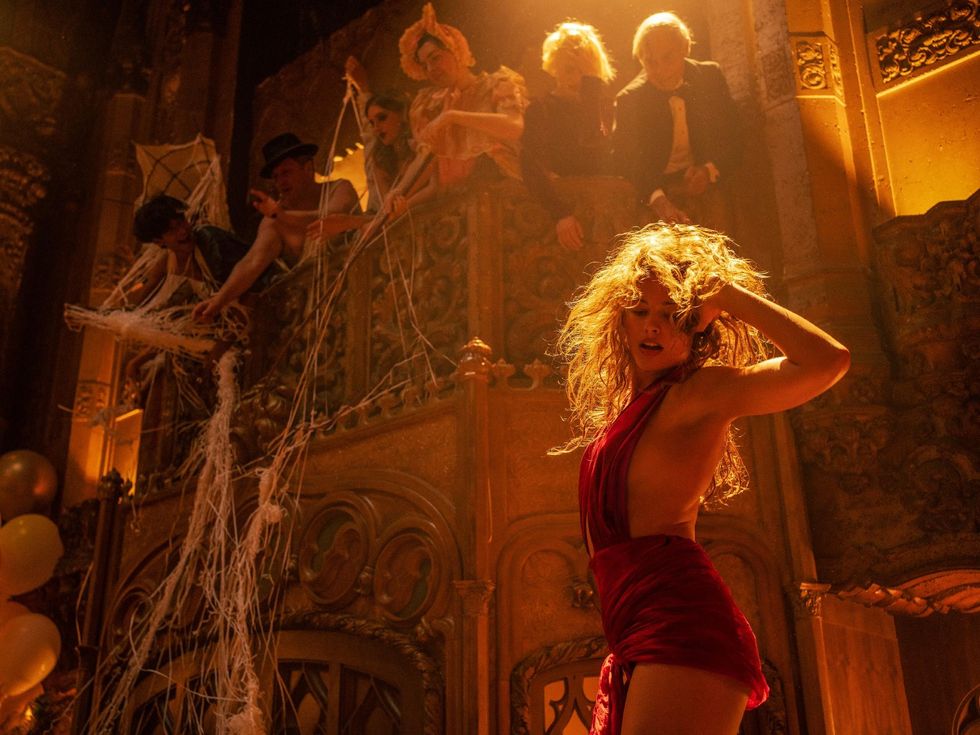

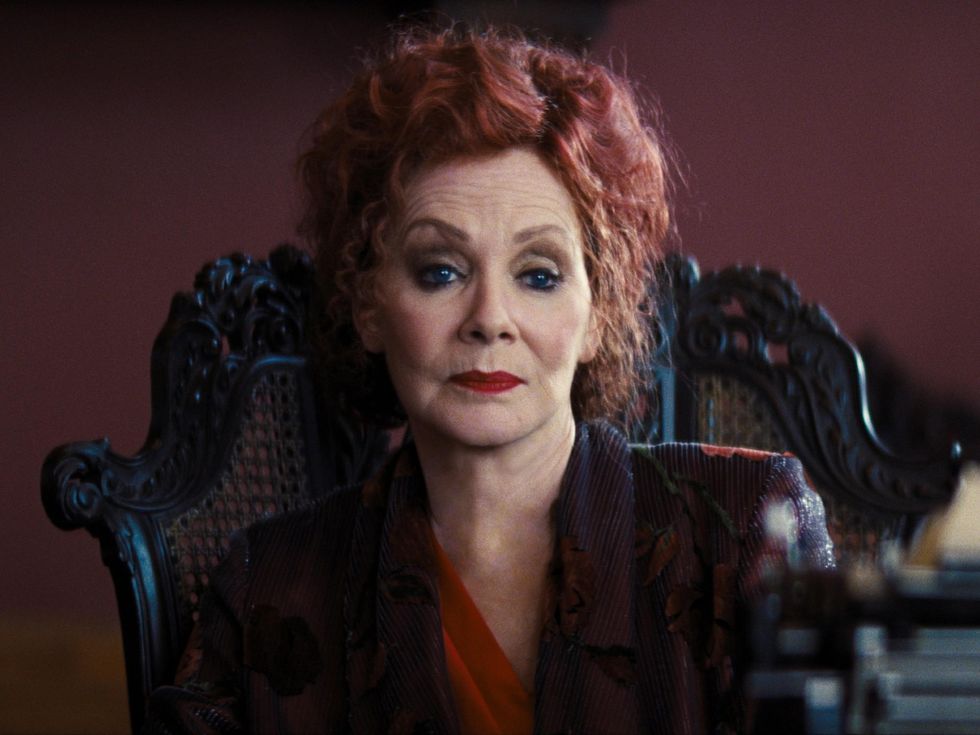

 Cowboys fans were out in full force.Photo by Ashley Gongora
Cowboys fans were out in full force.Photo by Ashley Gongora


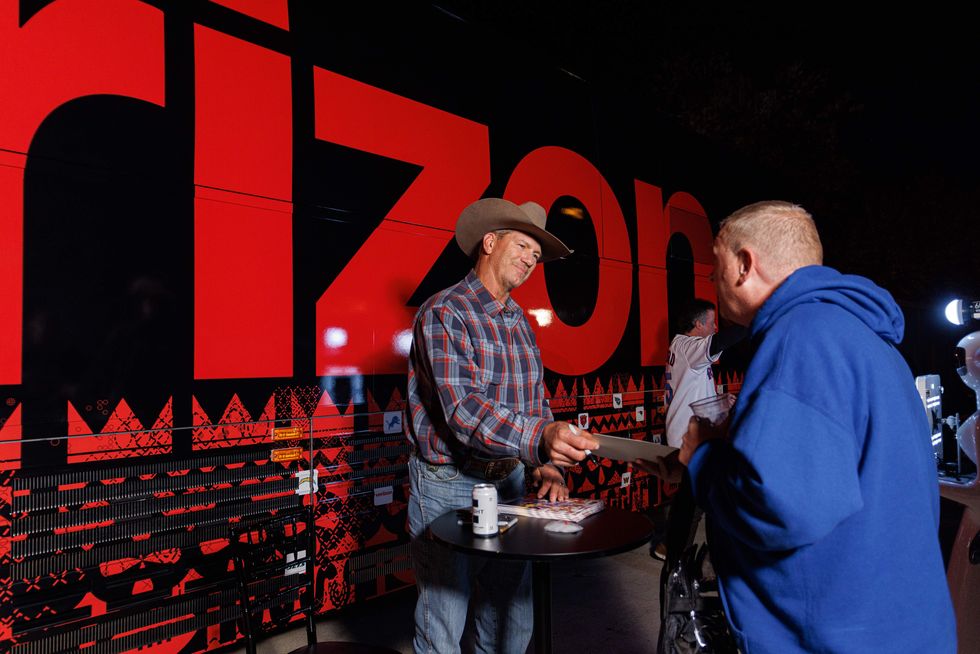








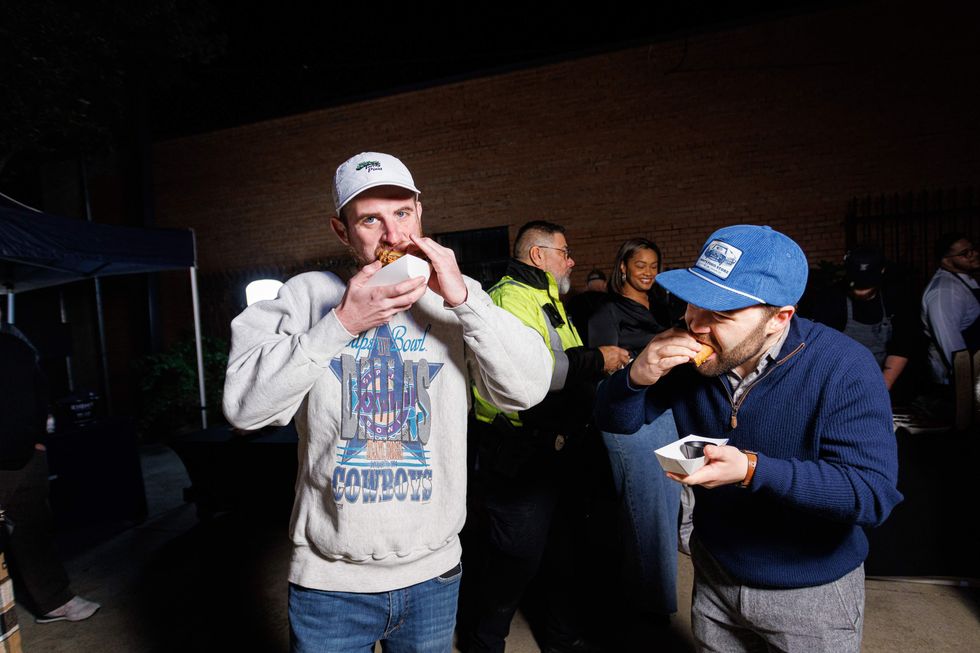 Tailgating is all about the food.Photo by Ashley Gongora
Tailgating is all about the food.Photo by Ashley Gongora An array of beverages ensured guests had fun all night.Photo by Ashley Gongora
An array of beverages ensured guests had fun all night.Photo by Ashley Gongora Buffalo shrimp and blue cheese grits from McRae's American Bistro & Cocktails won the best dish of the night.Photo by Ashley Gongora
Buffalo shrimp and blue cheese grits from McRae's American Bistro & Cocktails won the best dish of the night.Photo by Ashley Gongora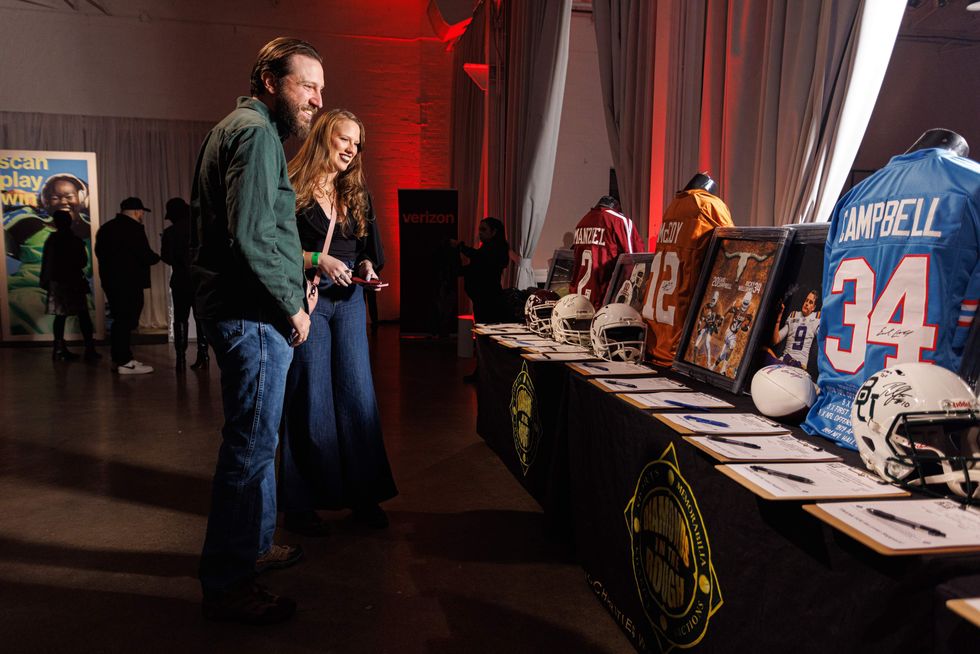 The silent auction inspired competitive bidding.Photo by Ashley Gongora
The silent auction inspired competitive bidding.Photo by Ashley Gongora